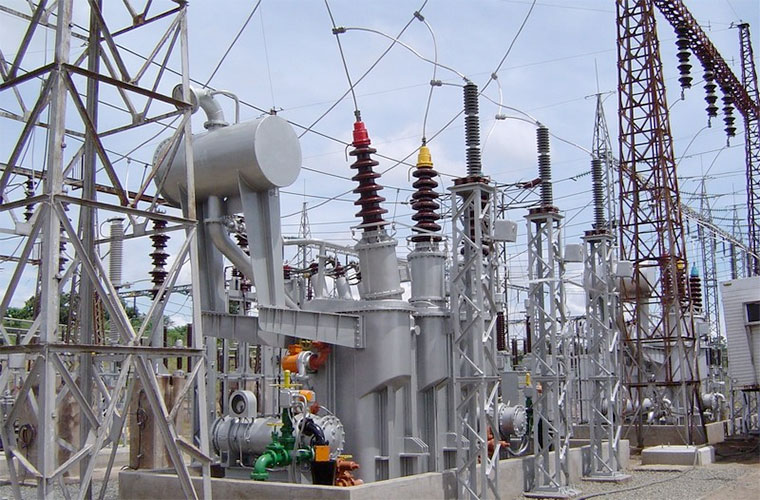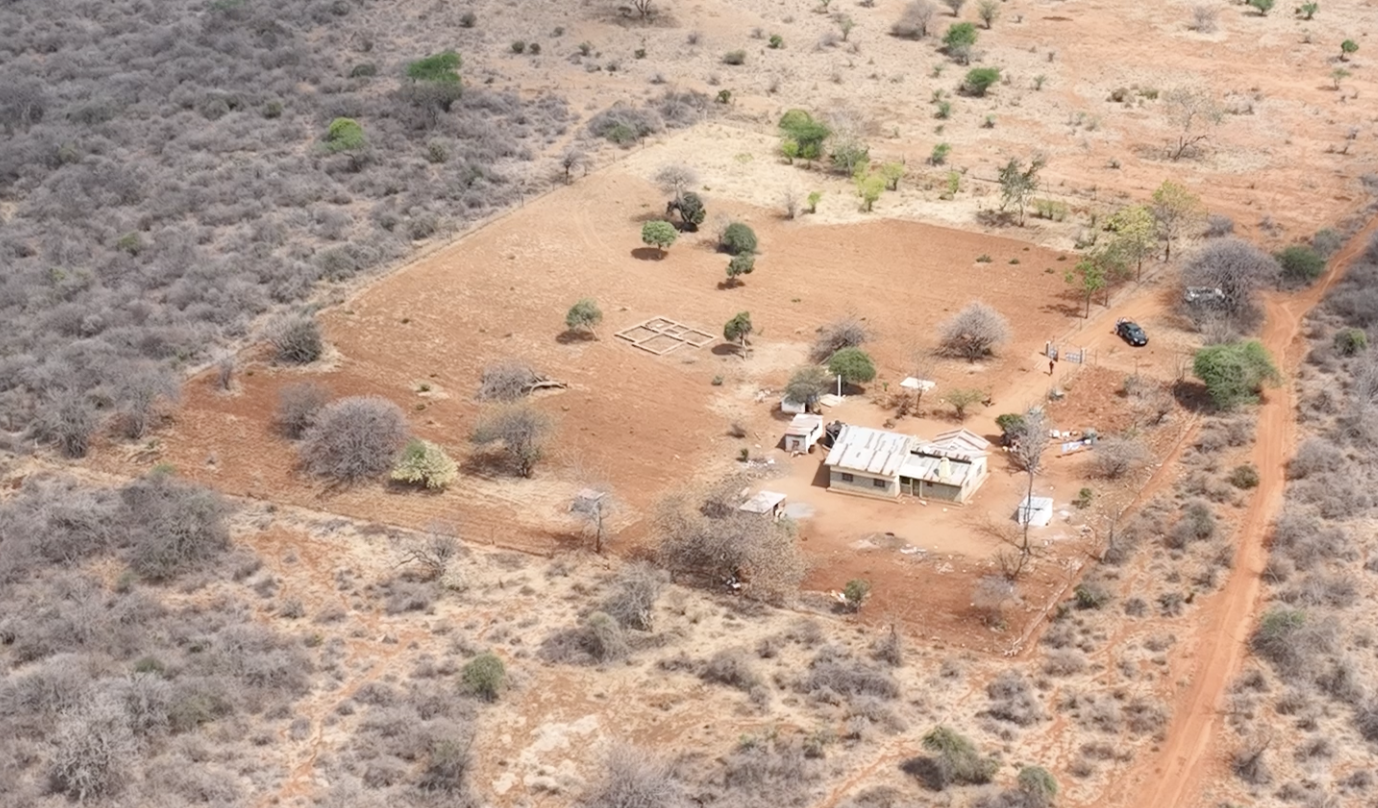
Zimbabwe extends load shedding hours
The Zimbabwe Electricity Transmission and Distribution Company (ZETDC) on Saturday announced a Stage 2 load shedding schedule where consumers will suffer extended power outages following a technical fault at the country’s biggest power station-the Hwange Thermal Power Station.
 “Kindly note that generation at Hwange is depressed due to a technical fault. Load shedding is now on Stage 2. Load shedding may be above the publicized schedules. We apologize for any inconveniences caused,” the company announced on Twitter.
“Kindly note that generation at Hwange is depressed due to a technical fault. Load shedding is now on Stage 2. Load shedding may be above the publicized schedules. We apologize for any inconveniences caused,” the company announced on Twitter.
Zimbabweans are currently enduring an average eight hours a day without electricity because of depressed generation at the Kariba Hydro Power Station where authorities have begun rationing water allocations due to low water levels in the lake caused by the severe drought of 2018/19.
ZETDC said Wednesday that the recently published load shedding schedule-falling under Stage 1- was for planning purposes only and was not fixed.
“If supplies improve on a given day, the shedding will be shorter than stipulated and if supply deteriorates, then shedding will be longer than advertised,” the company said.
Zimbabwe had enjoyed more than four years without load shedding, but the drought has pushed the Zambezi River Authority (ZRA) to reduce water allocation to the Zimbabwe Power Company from 19 billion cubic meters to 16 billion cubic meters for 2019, thus reducing power generation to 358MW for Zimbabwe and 392MW for Zambia.
The rationing is meant to ensure that the plant continues to run until the next rainy season.
Power generation at Hwange and the smaller thermal power stations of Harare, Bulawayo and Munyati remains fragile because of aged equipment.
Chinese company Sinohydro is currently refurbishing Hwange at a cost of 1.5 billion U.S. dollars to add two generators each producing 300MW.
The power station currently has an installed capacity of 920MW but cannot generate at optimum level because of the aged equipment.
ZRA said recently that Mozambique’s Hydro Electrica de Cahorra Bassa had offered Zimbabwe and Zambia power imports in exchange for further reduced power generation by the two countries at Kariba Dam plants.
Cahorra Bassa Dam is overflowing following recent two cyclone-induced floods, and authorities in Mozambique favor having Zimbabwe and Zambia storing more water in Kariba Dam, which is upstream of Cahorra Bassa on the Zambezi River, to reduce inflows into the downstream dam and thus protect the infrastructure at Cahorra Bassa.
The two countries may get as much as 500MW from Mozambique without the parties involved having to exchange any or significant amounts of money for the deal.
Zimbabwe is currently generating less than 820MW from three power stations against a daily peak demand of 1,600MW in winter and 1,400MW in summer.






